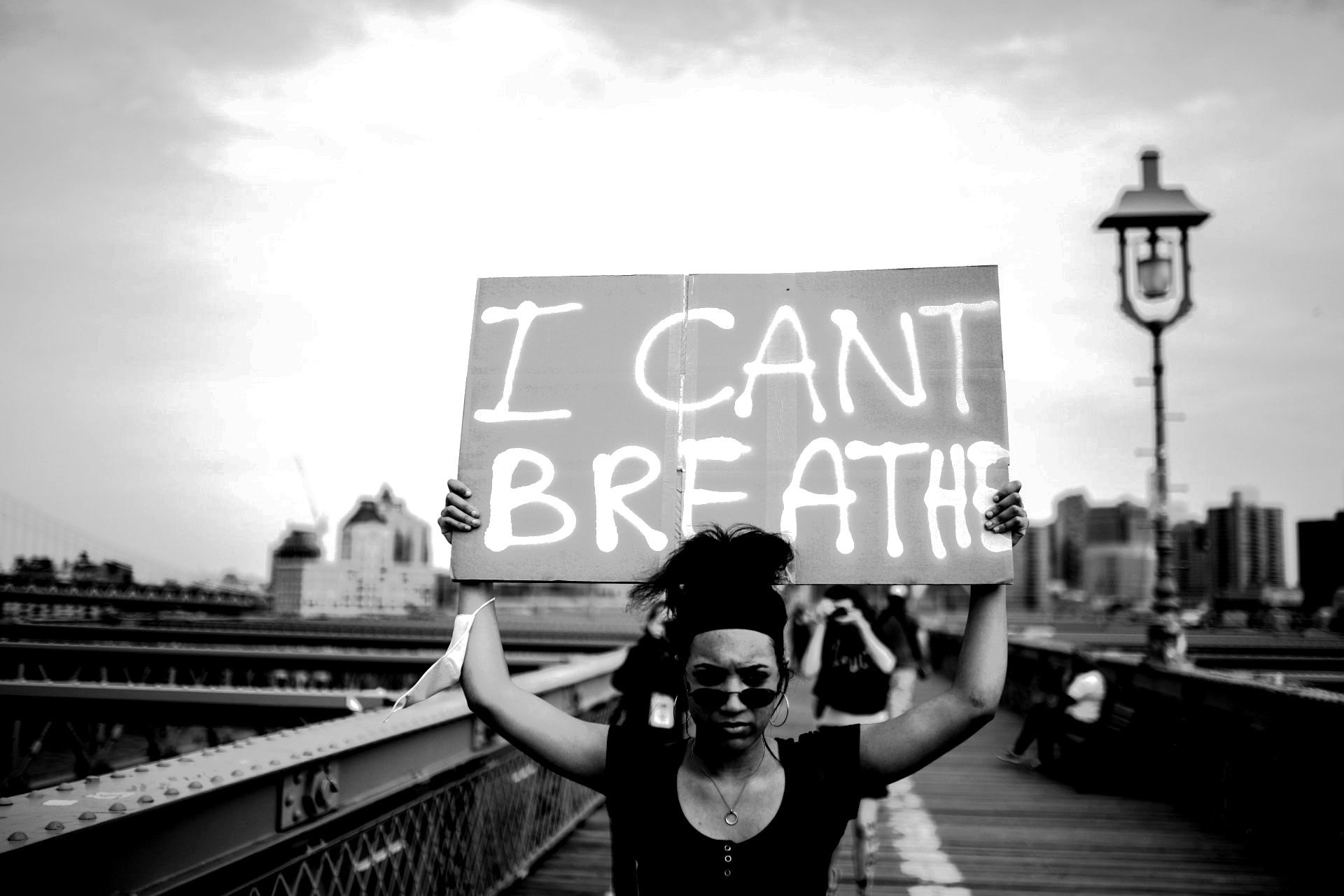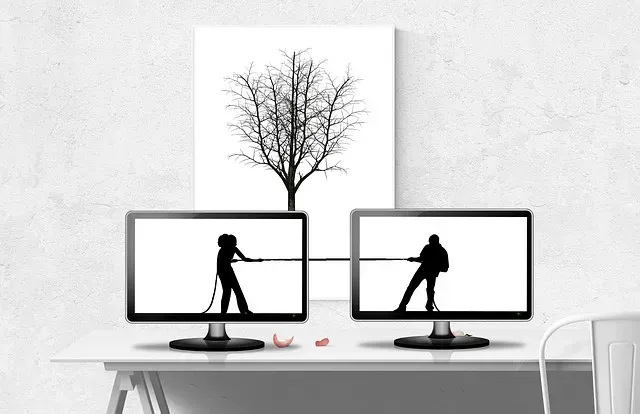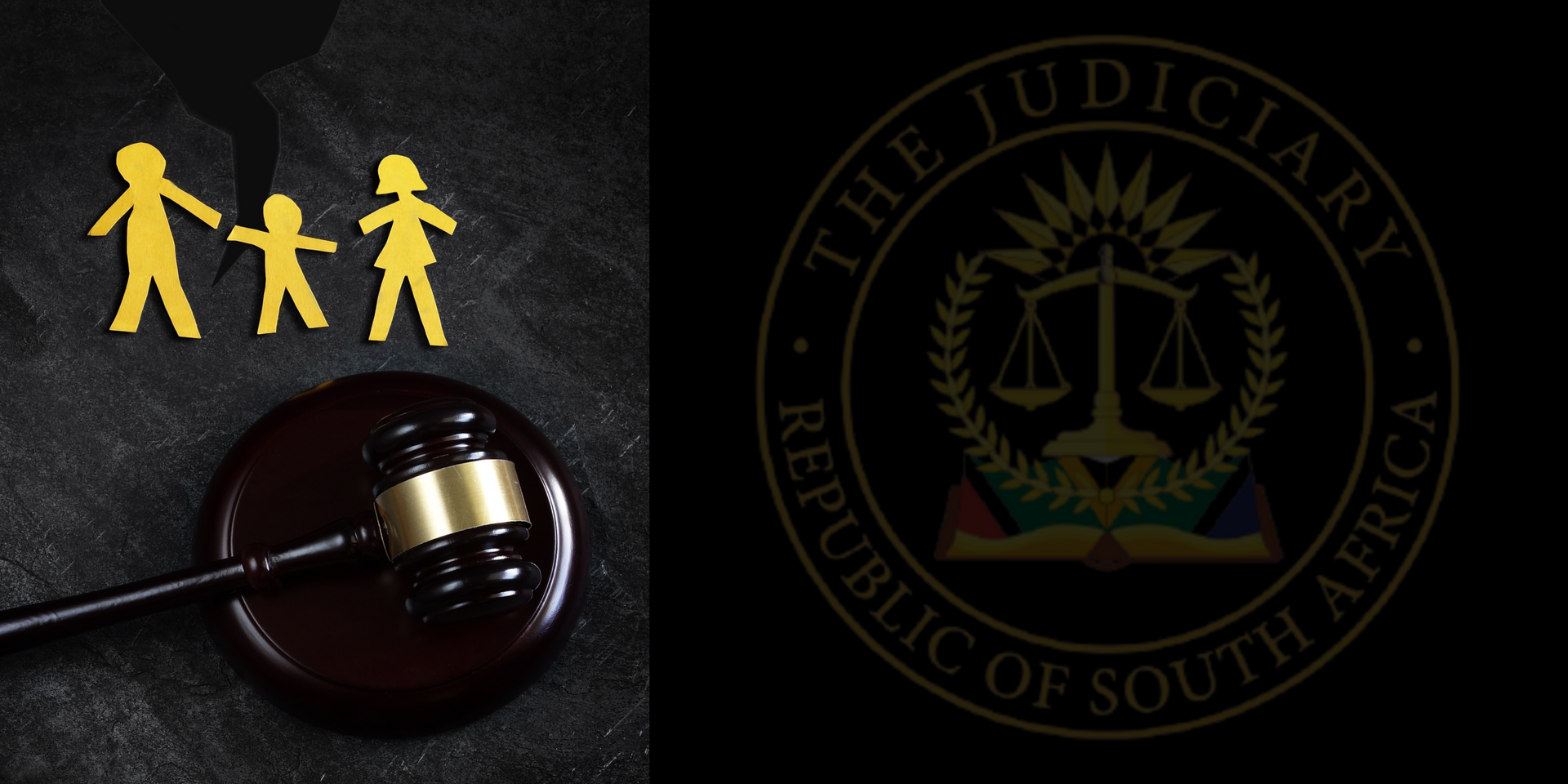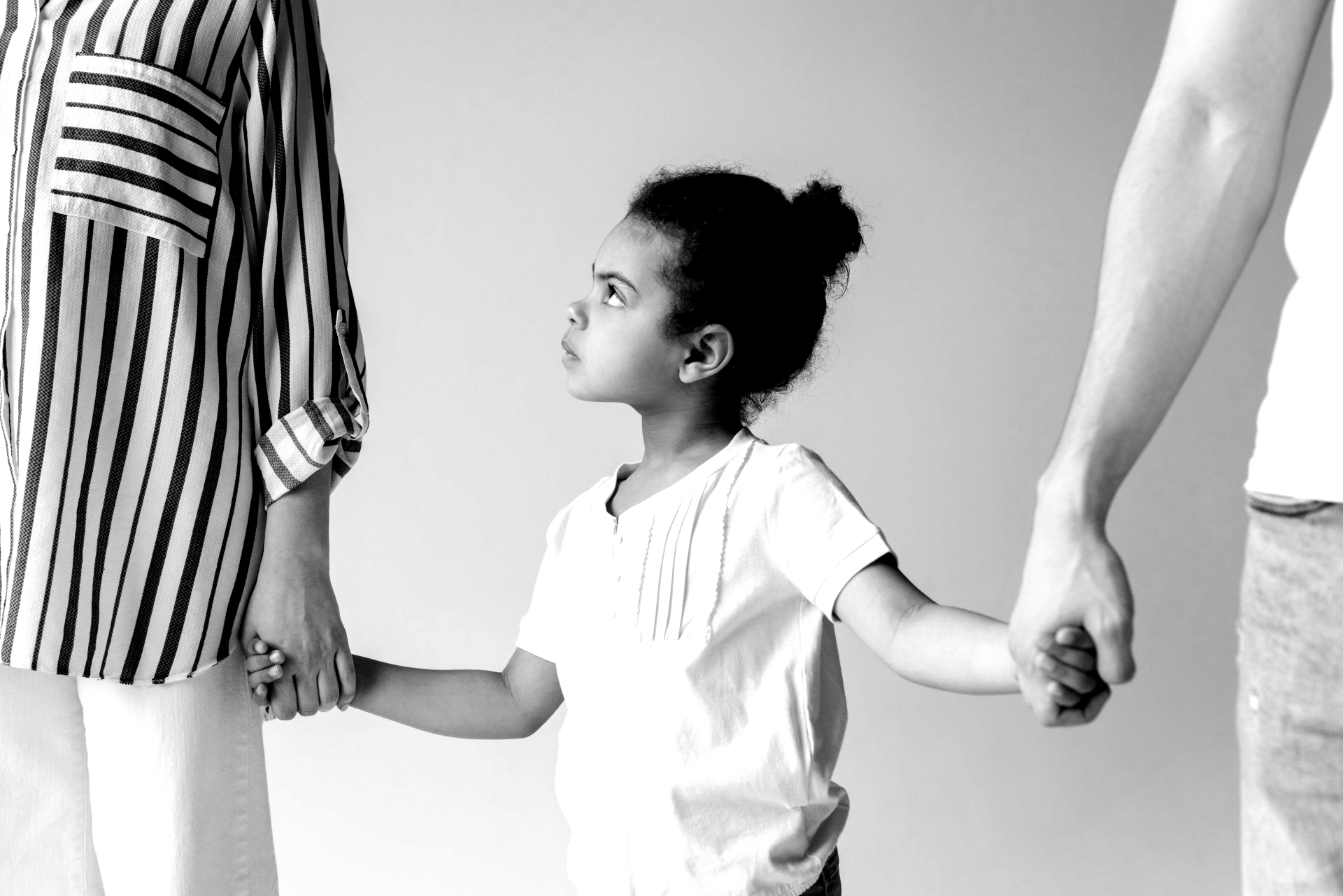Divorce and What Women Need to Know | Empowering Insights and Guidance - Navigating the Legal, Financial, and Emotional Aspects of Divorce with Confidence and Knowledge.
Divorce:
What Women Need to Know

Part 1: Understanding Divorce
Introduction
A life-changing event like divorce can have significant repercussions for everyone involved, especially children. It is a process that is fraught with both psychological and legal complexities, and it frequently presents women with challenges and considerations that are unique to them.
In this first section of the article, we will provide an overview of the subject at hand and lay the groundwork for the discussion that will follow regarding the information that women in the midst of a divorce need to be aware of.
Divorce is not a journey anyone embarks on lightly. It signifies the dissolution of a marital union, and its consequences extend far beyond the legal realm. It touches upon emotional well-being, financial stability and often involves decisions regarding children and property. The importance of understanding divorce cannot be overstated, especially for women who may encounter distinct circumstances during this process.
In this piece, our goal is to shed light on a variety of aspects of divorce that are especially pertinent to women. We are going to talk about the planning that goes into getting a divorce legally as well as the challenges that people face emotionally.
By the end of this comprehensive guide, you'll have a better grasp of what to expect and how to navigate the complexities of divorce as a woman. It's essential to approach this journey with knowledge and confidence, and we're here to provide you with the information and insights you need.
Understanding Divorce
Before diving into the specifics of how divorce uniquely impacts women, it's crucial to establish a fundamental understanding of what divorce entails. This section provides a broad overview of divorce, its legal grounds, and the basic divorce process.
Definition of Divorce A divorce, in its most fundamental sense, is the official and legal dissolution of a marriage contract. It marks the end of a marital relationship and has significant repercussions, both legally and emotionally, for all parties involved in the process. While the emotional aspect of divorce is deeply personal, the legal dimension follows a structured process dictated by the jurisdiction's laws.
The decision to divorce is almost never made for no apparent reason at all. Common factors leading to divorce include irreconcilable differences, infidelity, financial conflicts, and various forms of abuse. The first step in overcoming the obstacles that are presented by a divorce is to gain an understanding of the factors that led to the breakup.
Legal Grounds for Divorce: In South Africa, Divorce can be granted for a variety of reasons, including the following:
- Irretrievable Breakdown: This is when a marital union is permanently broken beyond repair due to irreconcilable differences.
- Incurable Mental Illnesses: Mental illness is also another ground for marriage dissolution.
- Continuous Unconsciousness: If one spouse has been unconscious for a continuous period, it can be considered evidence of the irretrievable breakdown of the marriage.
It’s important to note that the specific circumstances of each case can affect the grounds for divorce. It’s always recommended to seek legal advice when considering a divorce.
The Divorce Process: To formally dissolve a marriage, a set of legal steps must be followed in a structured manner.
It typically involves the initiation of the divorce through the filing of a summons, negotiation between the parties, settlement agreements, and, if necessary, court proceedings. Understanding this process is essential for anyone contemplating or already involved in divorce proceedings.
Individuals can begin to navigate the process of divorce more effectively once they have a solid grasp of these fundamental concepts. It is essential to keep in mind that getting a divorce does not merely signify the conclusion of a marriage; rather, it also marks the beginning of a fresh chapter in one's life. Being well-informed about the process and its legal aspects is the first step towards a smoother transition.
This concludes Part 1 of the article, providing an introduction to the topic of divorce and establishing a foundational understanding of what divorce entails. The next parts will delve deeper into the specific considerations and challenges that women may encounter during divorce, both legally and emotionally.

Part 2: Divorce and Women
While going through a divorce is difficult for anyone, women may experience it in a variety of different ways. During the divorce process, it is common for women to face unique social, emotional, and financial challenges. In this section, we will delve deeper into these specific challenges and highlight the rights and protections that South African law affords to women in the context of divorce.
Gender Dynamics in Divorce
It is essential to recognise that going through a divorce as a woman can be a very different experience than going through a divorce as a man. This disparity in experiences may be attributable to a number of societal and cultural factors, including the following:
- Social Expectations: Women may encounter societal expectations related to motherhood and family roles, which can intensify during divorce. This may lead to feelings of guilt or additional pressure.
- Financial Dependence: In some cases, women may have been financially dependent on their spouses, which can result in economic vulnerability during and after divorce.
- Emotional Toll: Divorce can have a significant emotional toll on women, as they may grapple with the loss of the family unit and concerns about their children's well-being.
However, it's crucial to recognise that women also possess strengths and resilience that can empower them to navigate divorce successfully.
Legal Rights and Protections
When it comes to the divorce process, the law in South Africa acknowledges the significance of gender equality. In order to ensure that the process of getting a divorce is fair and just, women have certain rights and protections:
- Equality: The South African Constitution upholds the principle of gender equality, ensuring that women have the same legal rights and protections as men during divorce.
- Maintenance: Women are entitled to claim financial support, known as maintenance, from their former spouses. This support aims to provide financial stability, especially if the woman was financially dependent during the marriage.
- Property Division: Marital property is typically divided fairly between spouses, ensuring that women receive their fair share of assets acquired during the marriage.
- Child Custody: Custody arrangements prioritise the best interests of the child. Courts consider various factors, including the mother's capability and the child's needs.
Child Custody and Support (Care and Contact)
Care refers to the right and duty of a parent to maintain the well-being of their child. This includes providing for the child’s health, education, and emotional development.
Contact, refers to the right of a parent to maintain a personal relationship with their child. This includes the right to communicate with the child and to see the child on a regular basis. It’s important to note that these rights and responsibilities are typically shared by both parents, regardless of whether they are married, divorced, or separated.
However, the specific arrangements for care and contact can vary depending on the circumstances of each case. It’s always recommended to seek legal advice when considering these matters.
One of the most critical aspects of divorce for women, especially if children are involved, is child custody and support. Here are some key points to consider:
- Custody Determination: Courts aim to determine custody arrangements that serve the child's best interests. This can involve shared custody or primary custody, depending on the circumstances.
- Child Support: Child support is a financial obligation that the non-custodial parent (which may be either the mother or the father) must fulfil to ensure the child's well-being. South African law sets guidelines for calculating child support payments.
- Visitation Rights: The custodial parent typically determines visitation rights for the non-custodial parent, with the child's best interests in mind.
Navigating child custody and support can be emotionally charged. It's essential to prioritise the child's well-being and, when possible, engage in open and respectful communication with your former spouse.
Property and Assets
The division of marital property is a significant aspect of divorce. South African law aims for an equitable distribution of assets between spouses:
- Marital Property: Marital property includes assets acquired during the marriage. This can encompass real estate, financial accounts, investments, and personal belongings.
- Antenuptial Contracts (ANC): If spouses have a valid antenuptial contract, it can significantly impact property division. It's essential to understand the terms of such contracts during divorce proceedings.
- Valuation and Distribution: Valuing and dividing property can be complex. It's advisable to seek legal assistance to ensure a fair and just distribution.
Understanding your rights regarding property and assets is critical to securing your financial stability post-divorce.
In Part 2, we've explored the gender dynamics in divorce, legal rights and protections for women, as well as child custody, support, and property division considerations. These insights provide women with a foundation for navigating the legal aspects of divorce effectively. In Part 3, we'll delve into emotional and practical considerations to help women cope with the challenges of divorce.
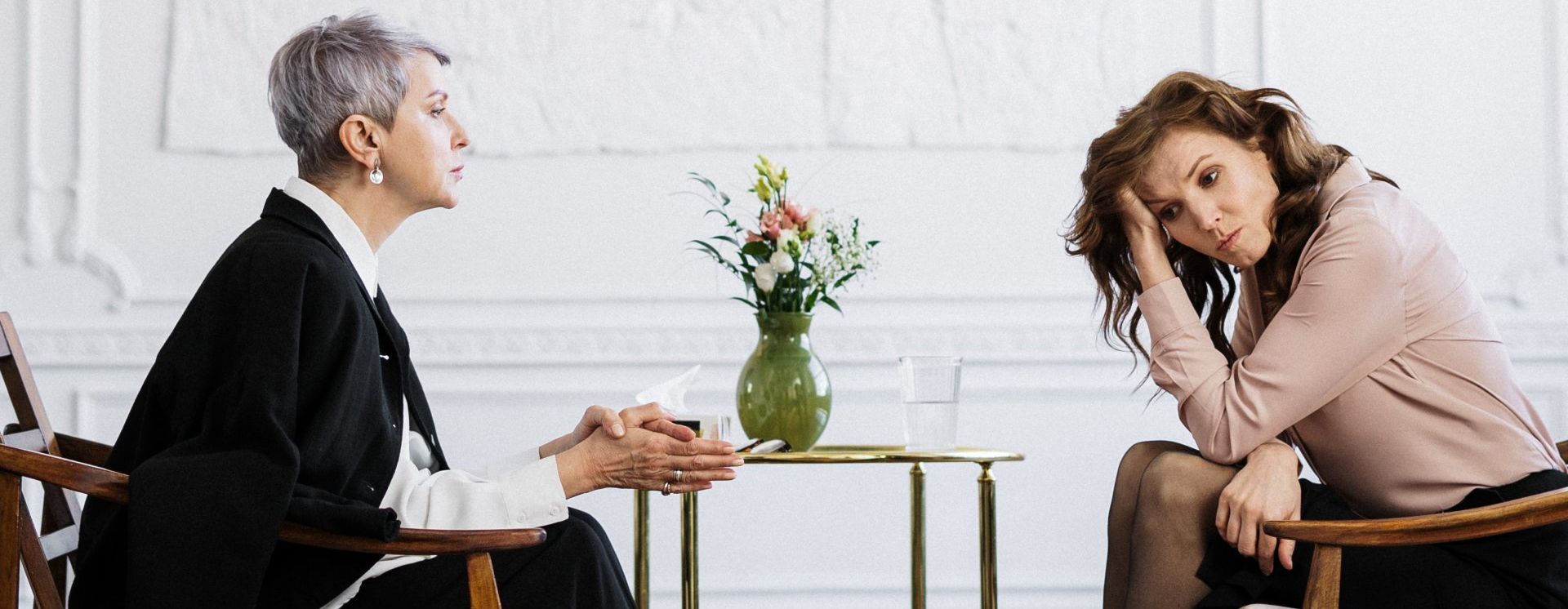
Part 3: Emotional and Practical Considerations
Divorce is not only a legal process but also an emotional journey. Coping with the emotional and practical aspects of divorce is essential for women as they navigate this challenging transition. In this section, we'll provide guidance on how to address the emotional toll of divorce and practical steps to take for financial stability and well-being.
Coping with Divorce
Emotional well-being is a crucial aspect of successfully navigating divorce. Here are some strategies to help women cope with emotional challenges:
- Seek Emotional Support: Lean on friends and family for emotional support. Sharing your feelings and experiences can provide comfort during difficult times.
- Support Groups: Consider joining a support group for individuals going through divorce. These groups offer a safe space to share and receive guidance from those facing similar challenges.
- Therapeutic Help: Therapy or counselling can be immensely beneficial. A trained therapist can help you process emotions, develop coping strategies, and build resilience.
- Self-Care: Prioritise self-care during this period. Engage in activities that bring you joy and relaxation, whether it's hobbies, exercise, or mindfulness practises.
Financial Planning
Financial stability is a significant concern for women during and after divorce. Here are some practical steps to consider:
- Create a Budget: Develop a comprehensive budget that outlines your monthly expenses and income. This budget will help you manage your finances effectively post-divorce.
- Financial Advisor: Consult a financial advisor who specialises in divorce financial planning. They can assist in creating a financial roadmap for the future, including investments, retirement planning, and debt management.
- Asset Assessment: Understand your financial assets and liabilities. This includes bank accounts, investments, real estate, and debts. Knowing your financial picture is crucial for making informed decisions.
Seeking Professional Help
Navigating the legal and emotional complexities of divorce can be challenging. Seeking professional assistance is often a wise choice:
- Legal Guidance: Consult with an experienced divorce attorney. Legal professionals, such as PauwAttorneys, specialise in family law and can provide expert advice on your specific situation.
- Counselling and Therapy: Don't hesitate to seek counselling or therapy. These professionals can help you work through the emotional aspects of divorce and provide strategies for coping.
- Mediation Services: If both parties are open to it, mediation can be a less adversarial way to reach agreements on issues like child custody and asset division.
- Financial Advisor: Engaging a financial advisor can be instrumental in securing your financial future. They can assist in financial planning, tax implications, and investment strategies.
By seeking professional help, you can navigate the complexities of divorce more effectively and ensure that you're making informed decisions that align with your best interests.
In Part 3, we've explored strategies for coping with the emotional challenges of divorce, practical steps for financial stability, and the importance of seeking professional help. Remember that you don't have to go through this challenging time alone. Utilising the support and resources available can make a significant difference in your journey towards a brighter future.

How Pauw Attorneys Can Assist in Every Aspect of Your Divorce
Divorce is a complicated and emotionally taxing process, especially for women. Throughout the various stages of divorce, from understanding the legal process to coping with its emotional toll, having professional guidance and support is essential. This is where Pauw Attorneys can play a pivotal role in ensuring a smoother and more manageable divorce experience.
Legal Expertise and Guidance
Family law is Pauw Attorneys' area of expertise, making them a reliable source of legal knowledge as you navigate the divorce process. Here's how they can assist:
- Expect: To make sure you know what to expect throughout the divorce process, Pauw Attorneys can provide you with in-depth explanations of divorce, its legal justifications, and the step-by-step procedure.
- Your Justice: We will defend your rights in court to make sure you get a fair shake under South African law.
- Child Custody and Support: Pauw Attorneys can offer knowledgeable advice on child custody and support issues, assisting you in securing the best conditions for the welfare of your children.
- Your best interest: We will work to make sure that the division of marital property is fair and in your best interests.
Emotional Support and Resources
In addition to their legal expertise, Pauw Attorneys understands the emotional challenges that come with divorce:
- Coping Strategies: They can provide resources and advice on coping strategies during this emotionally charged time.
- Referrals: If needed, Pauw Attorneys can refer you to therapists or support groups specializing in divorce-related emotional support.
Financial Planning and Security
Financial stability is a significant concern during and after divorce, and Pauw Attorneys can help here too:
- Advisory Services They are able to put you in touch with financial advisors who are experts in the field of divorce financial planning, which will ensure that you have a robust financial strategy for the future.
- Asset Evaluation: The attorneys at Pauw can assist you in conducting an evaluation of your financial assets and liabilities, which will enable you to make educated choices regarding your property and your money.
Mediation and Alternative Dispute Resolution
Pauw Attorneys can facilitate mediation services in situations where an amicable resolution is preferred. This will allow you and your spouse to come to agreements on a variety of issues related to the divorce in a manner that is less adversarial.
In a nutshell, Pauw Attorneys is your all-encompassing partner in navigating the entirety of the divorce process you are going through. They offer assistance with all aspects of the divorce process, including the legal and emotional complexities, the financial planning, and even the mediation services that may be required.
You are able to move forward with assurance knowing that you have a skilled team by your side every step of the way thanks to their expertise as well as their dedication to working in the best interest of yourself and your organisation.

Pauw Attorneys is deeply committed to providing compassionate and professional legal support to every mother, wife, and child going through a divorce. We understand that this is a challenging time, and our goal is to make the process as smooth and stress-free as possible.
1. How much does a divorce cost in South Africa?
The cost of a divorce in South Africa can vary significantly depending on several factors, including the complexity of the case, legal fees, court fees, and other expenses. On average, a straightforward, uncontested divorce may cost between R8,500 and R20,000. However, complex cases involving disputes over assets, child custody, and other factors can result in higher costs.
2. Where can I get free legal advice on divorce in South Africa?
People in South Africa who cannot afford private legal representation may be eligible for free legal advice from legal aid or pro bono services from South African lawyers. You could contact Legal Aid South Africa or local law clinics affiliated with universities in your area.
3. What’s the cheapest divorce cost?
The cheapest divorce cost typically involves an uncontested divorce where both spouses agree on all terms, including property division, child custody, and support. This can reduce legal fees and court costs, making it one of the less expensive divorce options.
4. Who is the best divorce lawyer in South Africa?
The "best" divorce attorney is a relative term that hinges on your individual circumstances. It is in your best interest to look into and talk to several different lawyers before settling on one who you feel comfortable with. This is especially true if you want to hire a family law attorney. Pauw Attorneys is a reputable firm known for its expertise in family law matters.
5. What are the four main stages of a divorce?
The four main stages of a divorce in South Africa are:
- Filing a summons to initiate divorce proceedings..
- Negotiation and Settlement: discussing and reaching agreements on crucial matters such as property division, child custody, and support..
- Court Proceedings: If necessary, court hearings and appearances to finalise the divorce terms..
- Obtaining the decree of divorce, which legally dissolves the marriage..
6. Who pays for a divorce?
In South Africa, each individual party is responsible for their own legal fees and costs. On the other hand, the court may decide to order the other spouse (the defendant) to make a contribution to the costs in particular circumstances, such as when one of the parties is at a financial disadvantage.
7. Does adultery affect divorce in South Africa?
In South Africa, adultery can be considered a ground for divorce because it constitutes a "irretrievable breakdown" of the marriage. This means that the marriage cannot be saved. If a claim for forfeiture is proven to be valid, it will only be taken into consideration if the circumstances surrounding the situation are particularly unusual and have the potential to have a direct impact on the division of property.
8. Is a sexless marriage normal?
A sexless marriage, in which intimate relations do not take place at all or take place only rarely, is not unheard of and can be an indication that there are deeper problems within the relationship. It is highly recommended that couples who are going through this circumstance seek professional counselling or therapy in order to get to the bottom of the problem and figure out how to fix it.
9. How Long Does a Divorce Take in South Africa?
The length of time it takes to finalise a divorce in South Africa can be extremely unpredictable. A divorce that is not contested can be finalised in as little as a month, whereas a divorce that is contested and involves disputes can take an entire year or longer to settle.
10. What is the Fastest way to get a Divorce?
An uncontested divorce, in which both parties agree to all of the terms and conditions of the divorce, is the quickest way to get a divorce. The procedure might go more quickly as a result, saving both time and money in the process.
11. What is legal separation?
There is a legal status known as "legal separation," in which a married couple continues to be legally married but lives in separate households. During this time, the couple may discuss topics such as property division, child custody, and child support. It is not the same as getting a divorce, but it can be the first step in that direction.
These in-depth responses should shed light on the most frequently asked questions that married women in South Africa have regarding the subject of divorce. However, it is imperative that you seek the counsel of an experienced attorney in order to receive individualised recommendations that are catered to your particular set of circumstances.
Pauw Attorneys is deeply committed to providing compassionate and professional legal support to every mother, wife, and child going through a divorce. This support includes legal advice and representation in court. We understand that this is a challenging time, and our goal is to make the process as smooth and stress-free as possible.
Our commitment includes:
- Understanding Your Needs: We listen to your situation and customise our services.
- Our experienced attorneys will explain your rights and options throughout the legal process.
- Protecting Your Interests: We work hard to get the best result for you and your children.
- Emotional Support: We understand the emotional toll of divorce and provide both legal and emotional support.
- Confidentiality: We respect and protect your information.
At Pauw Attorneys, we think our clients are at their best when they are well-informed and secure in our services. Through this challenging time, we are here to help you every step of the way, with the compassion and expertise you deserve.
Stay positive; you have support. We are here to help.
Contact me today for a free consultation.
FRANCOIS PAUW - PAUW ATTORNEYS
